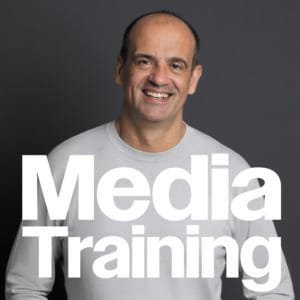
Media Training Podcast
Media Training Podcast with Steve Blears. The essential guide for businesses, organisations and leaders looking to raise their profile and share their expertise on-air.
This show will demystify media appearances and build your confidence while sharing tips and advice the experts use when appearing on TV, radio, podcasts and print.
Media Training Podcast - Listen to episode 1
Media Training Podcast by Steve Blears
Director - Bit Famous Ltd
Steve is a former BBC national news journalist, TV Producer & Media Trainer
Steve is a former national news reporter for BBC Radio 1 Newsbeat and Radio 5 Live. He served as Radio 1's New York Correspondent and North of England Reporter. More recently he's worked as a TV producer and director in current affairs and factual TV. He's made award winning television for BBC, Sky, Channel 4, 5 and Yesterday, including BBC The One Show, Watchdog, Helicopter Heroes, and An Hour to Save Your Life. He series-produced Yesterday channel's smash hit show Bangers and Cash.

Media Training Podcast - Latest episodes

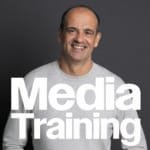
Is it ok to ignore a journalist?


Building your personal brand so journalists find you first


Media interview quick-start guide
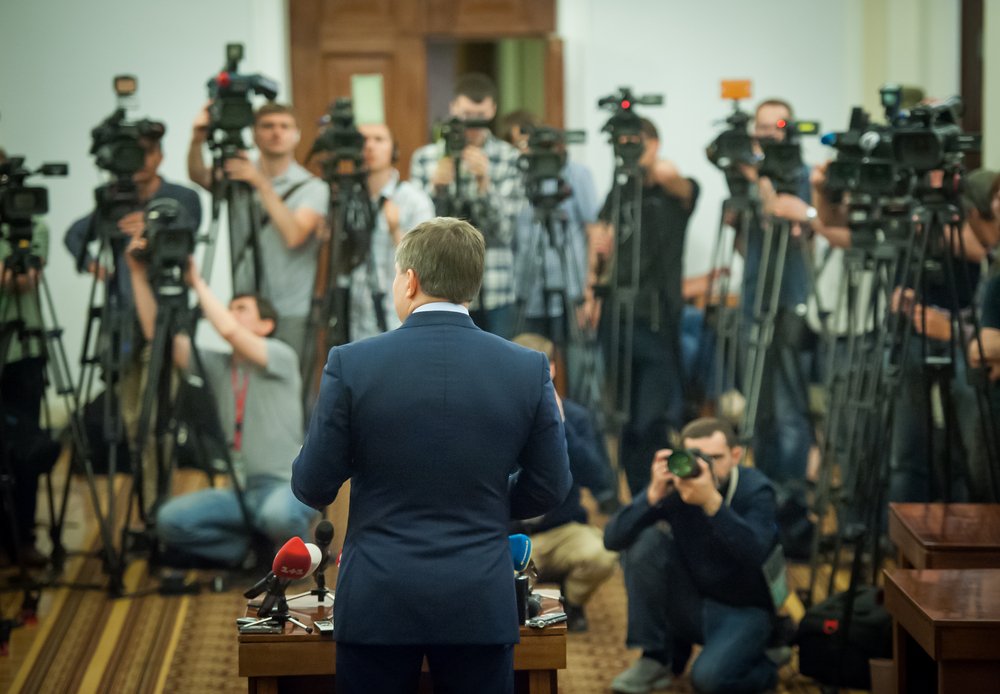

How to hold a press conference
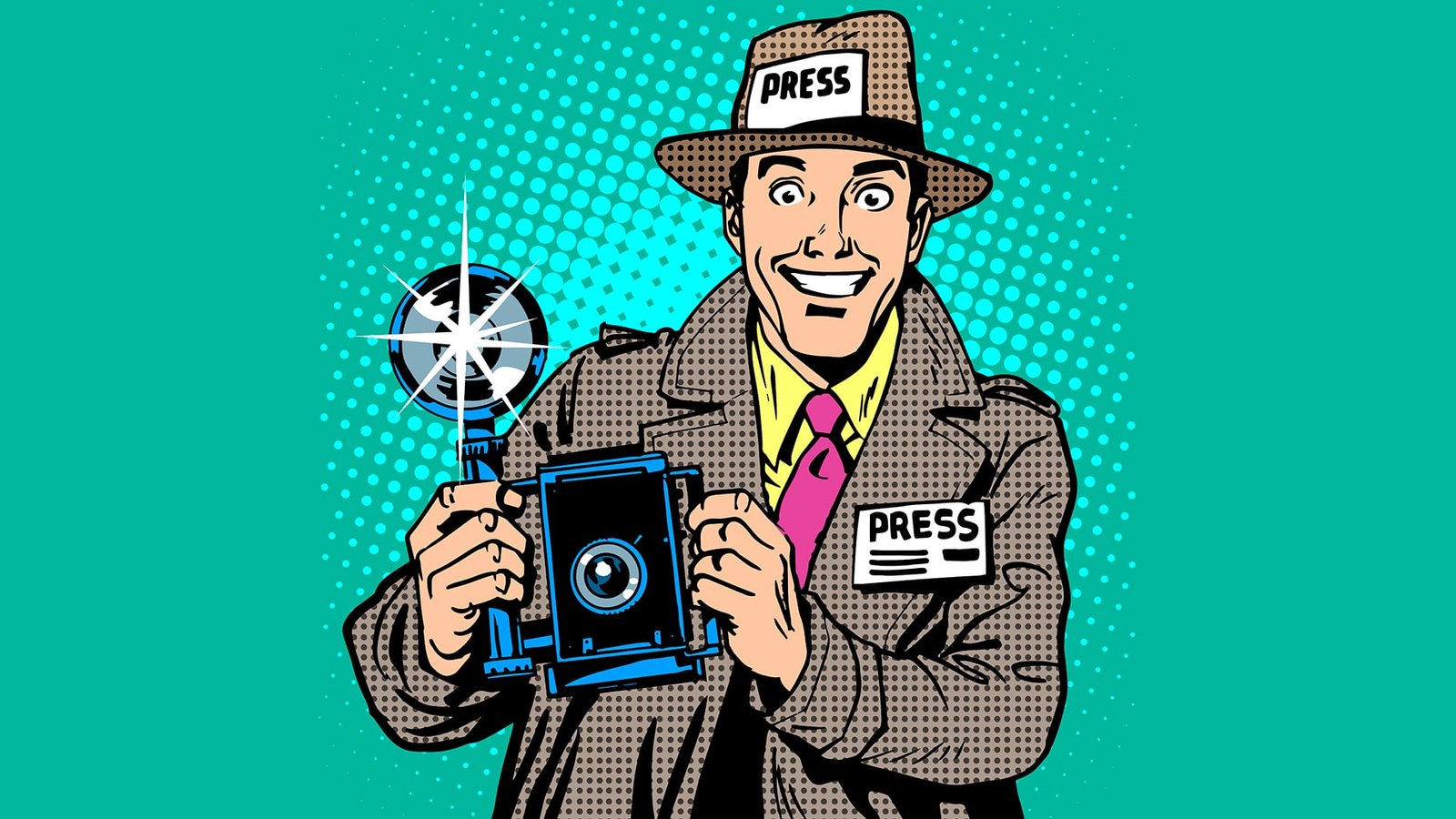

Time for a media training refresher?
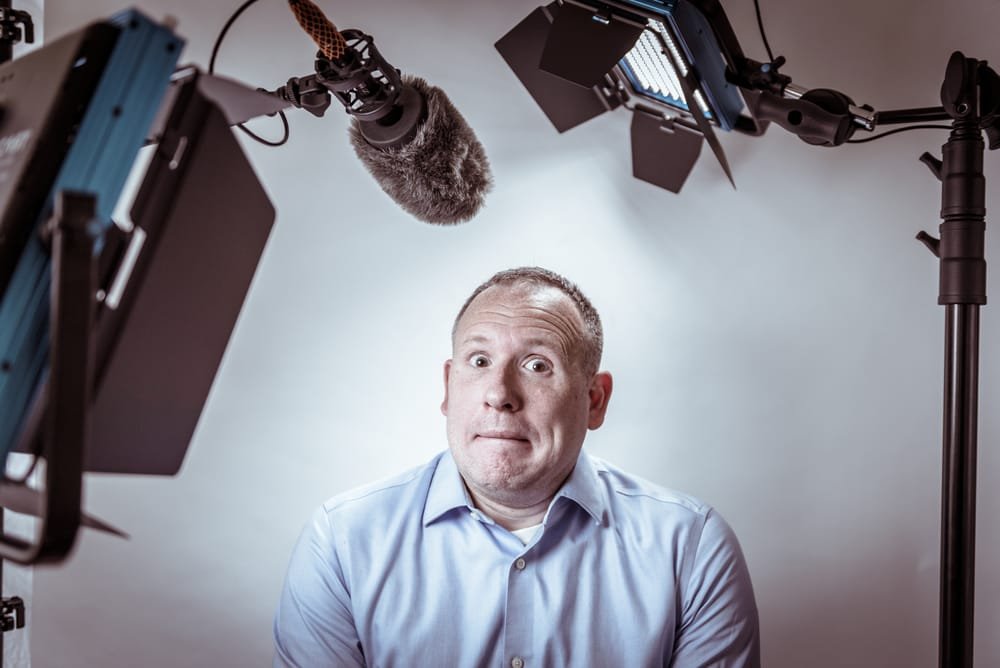

How to get your boss on board with media appearances


Is it okay to say “I don’t know” in a media interview?
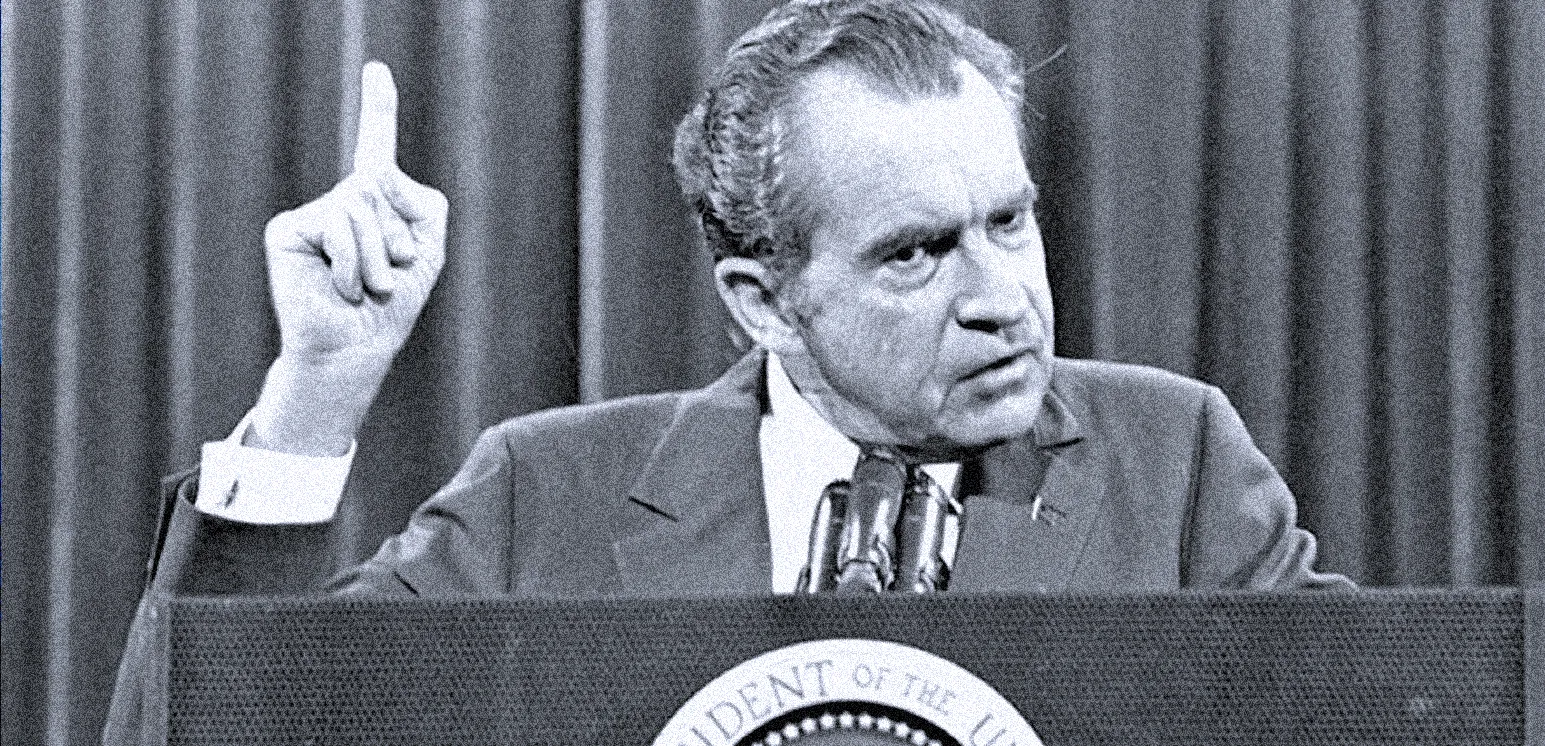

Why should you avoid repeating negative questions in media interviews?


How to look and sound relaxed in a media interview, performance tips


Mastering profile interviews in the media


Media appearances, the unwritten rules


Public apologies, how to say sorry in the media and mean it


Why off-the-record journalism is riskier than you think
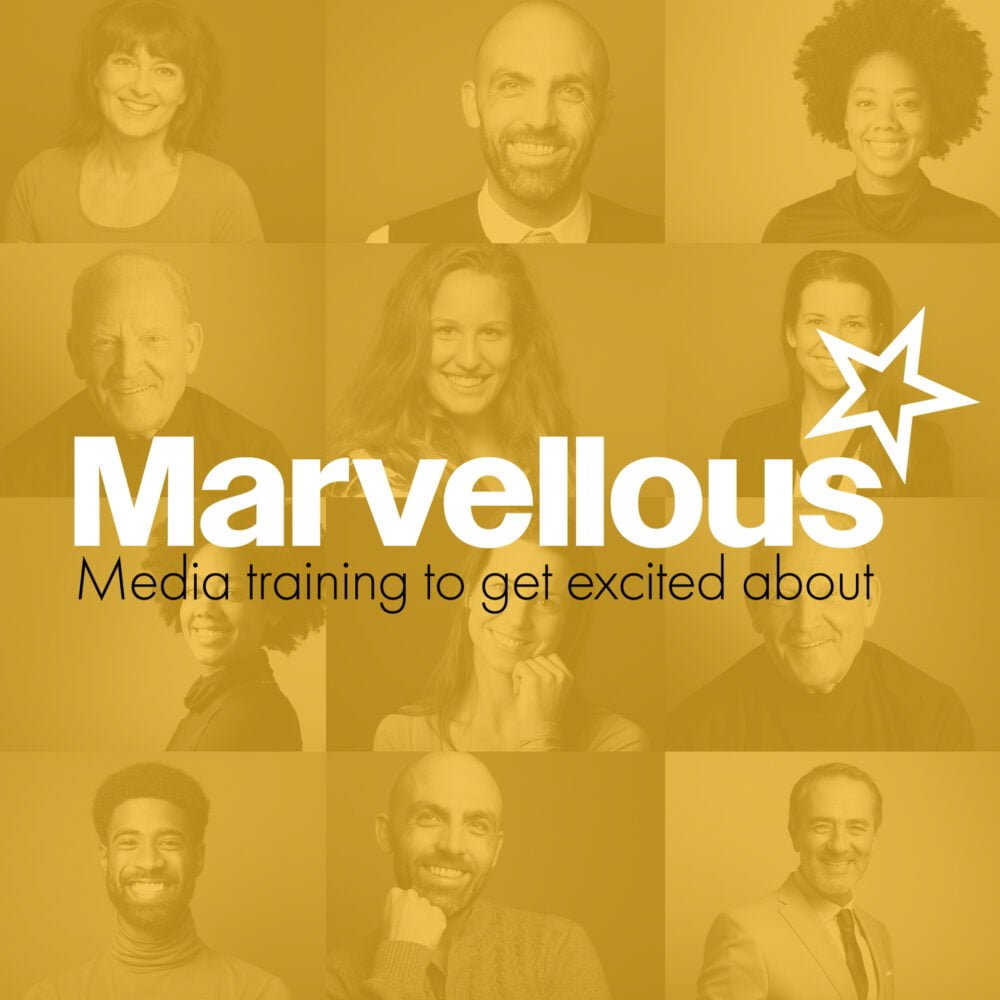

What are key messages in the media?


Give your leader feedback after a media interview


Why avoid corporate speak and office jargon in media interviews?
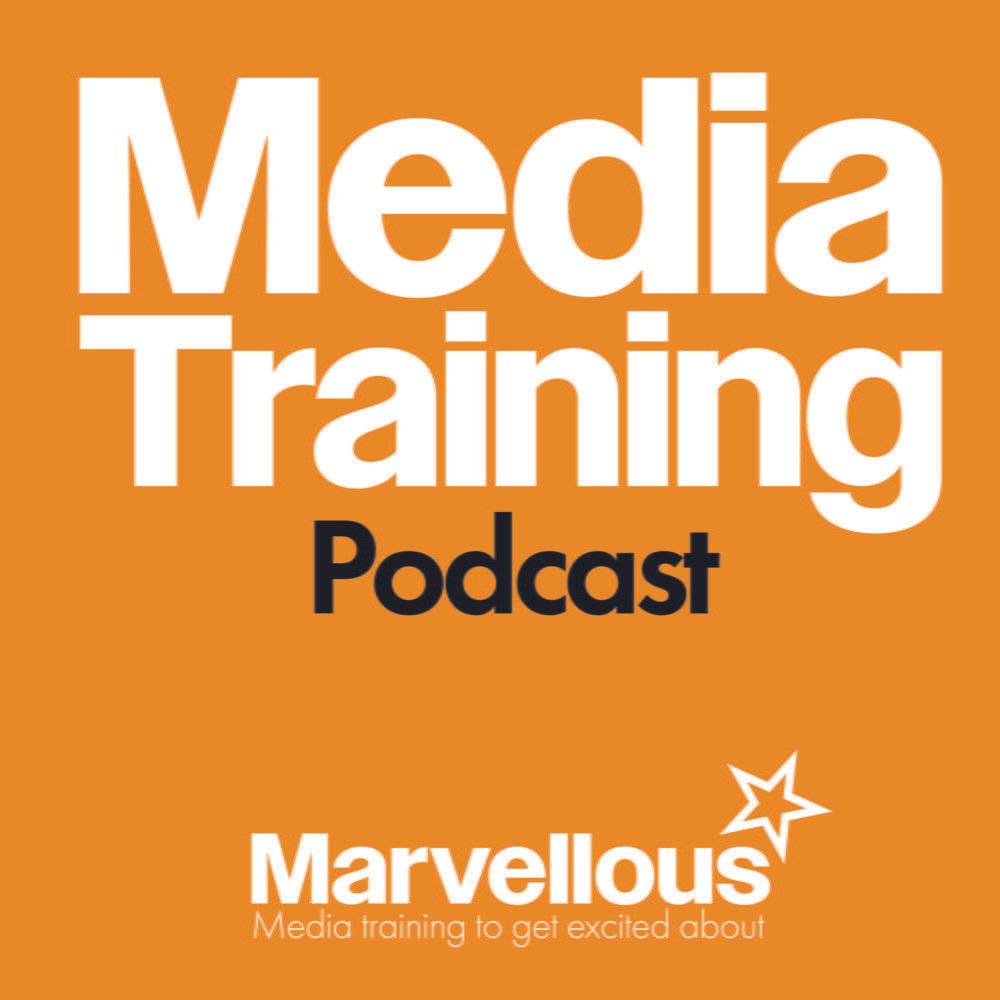

Media interview preparation checklist


How to create a founders’ origin story


How to answer hostile or negative questions from a journalist


How to be authentic in a media interview


Crisis Management: How to write a holding statement
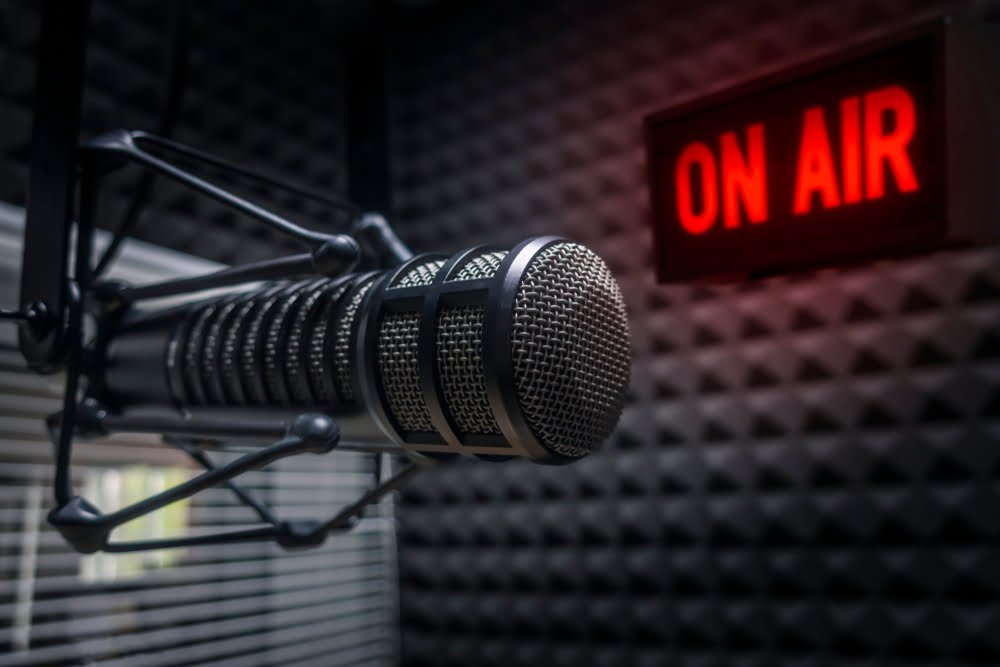

How to create a successful media soundbite
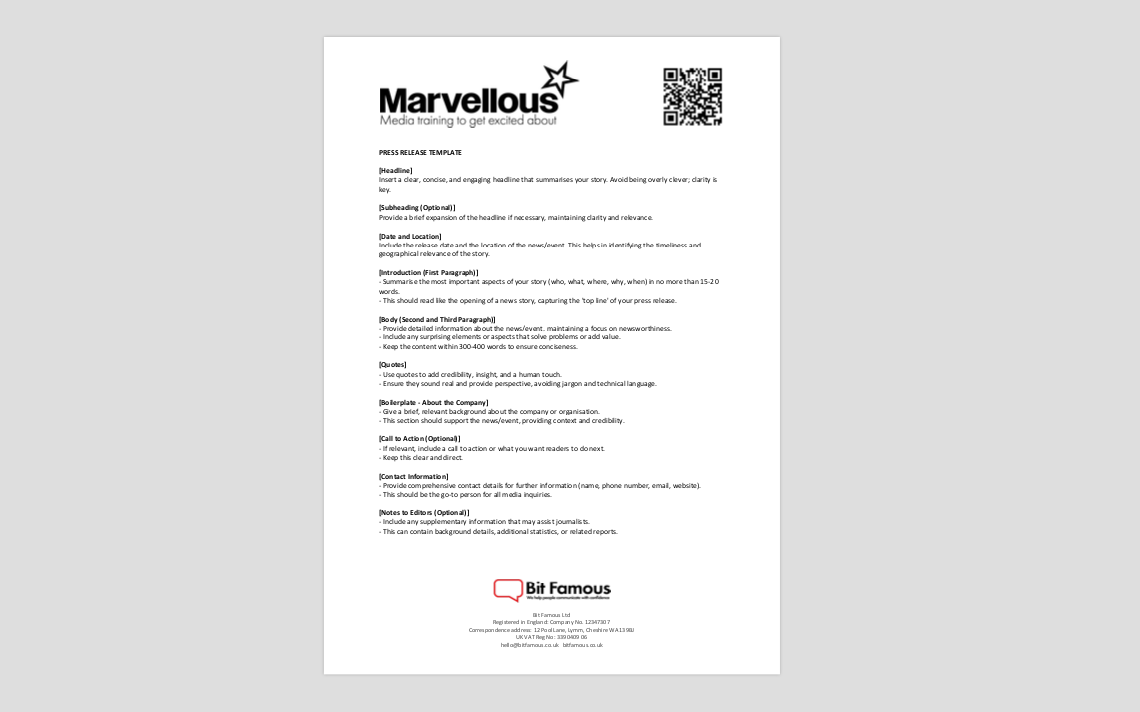

Free press release template (Word)
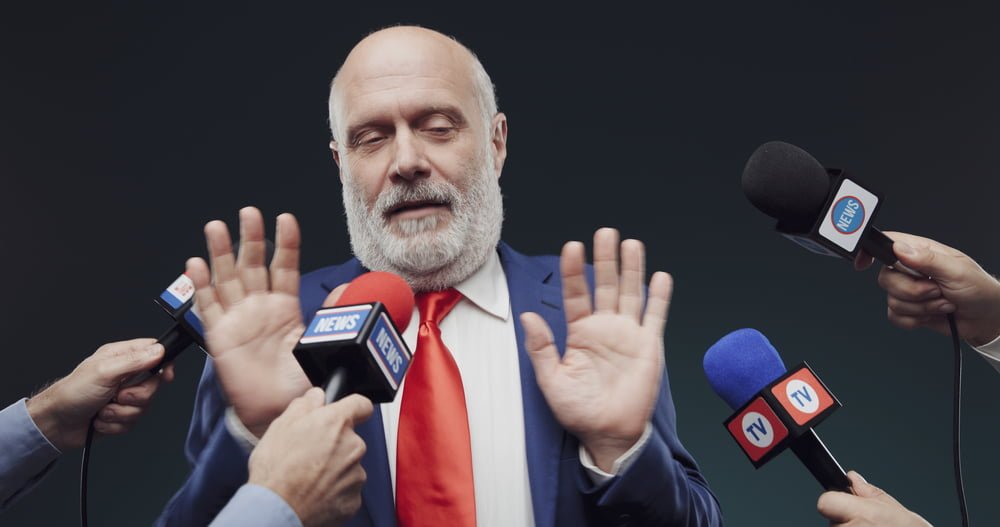

How do you handle a media question you don’t want to answer?
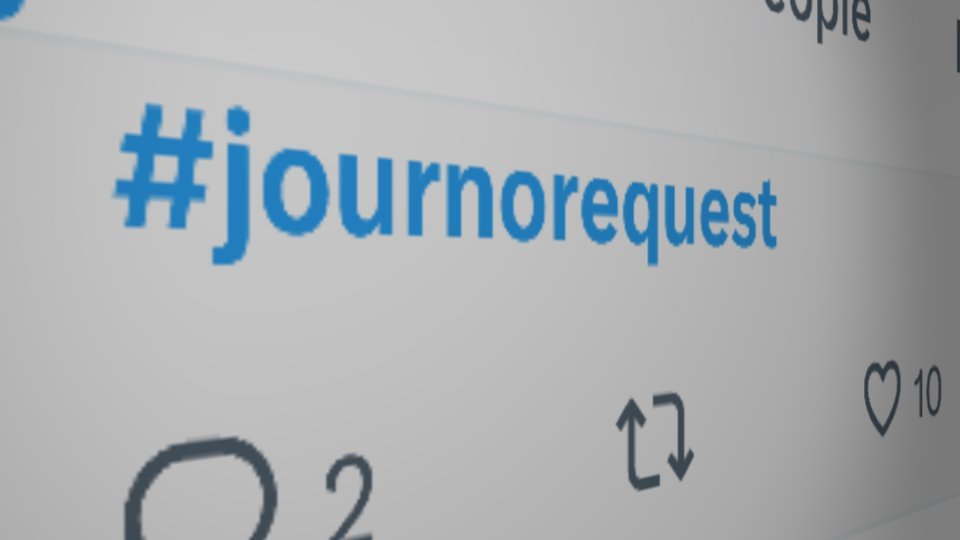

How to use #JournoRequest to get media attention for my business


How do I prepare for a TV interview online using Zoom, Teams or Skype?


How to appear on a business podcast


How to handle a difficult media interview


How does the news work?


How to prepare for your first TV interview


Why do reporters shout questions?
Media Training Podcast - Latest episodes


Is it ok to ignore a journalist?


Building your personal brand so journalists find you first


Media interview quick-start guide


How to hold a press conference


Time for a media training refresher?


How to get your boss on board with media appearances


Is it okay to say “I don’t know” in a media interview?


Why should you avoid repeating negative questions in media interviews?


How to look and sound relaxed in a media interview, performance tips


Mastering profile interviews in the media


Media appearances, the unwritten rules


Public apologies, how to say sorry in the media and mean it


Why off-the-record journalism is riskier than you think


What are key messages in the media?


Give your leader feedback after a media interview


Why avoid corporate speak and office jargon in media interviews?


Media interview preparation checklist


How to create a founders’ origin story


How to answer hostile or negative questions from a journalist


How to be authentic in a media interview


Crisis Management: How to write a holding statement


How to create a successful media soundbite


Free press release template (Word)


How do you handle a media question you don’t want to answer?


How to use #JournoRequest to get media attention for my business


How do I prepare for a TV interview online using Zoom, Teams or Skype?


How to appear on a business podcast


How to handle a difficult media interview


How does the news work?


How to prepare for your first TV interview



